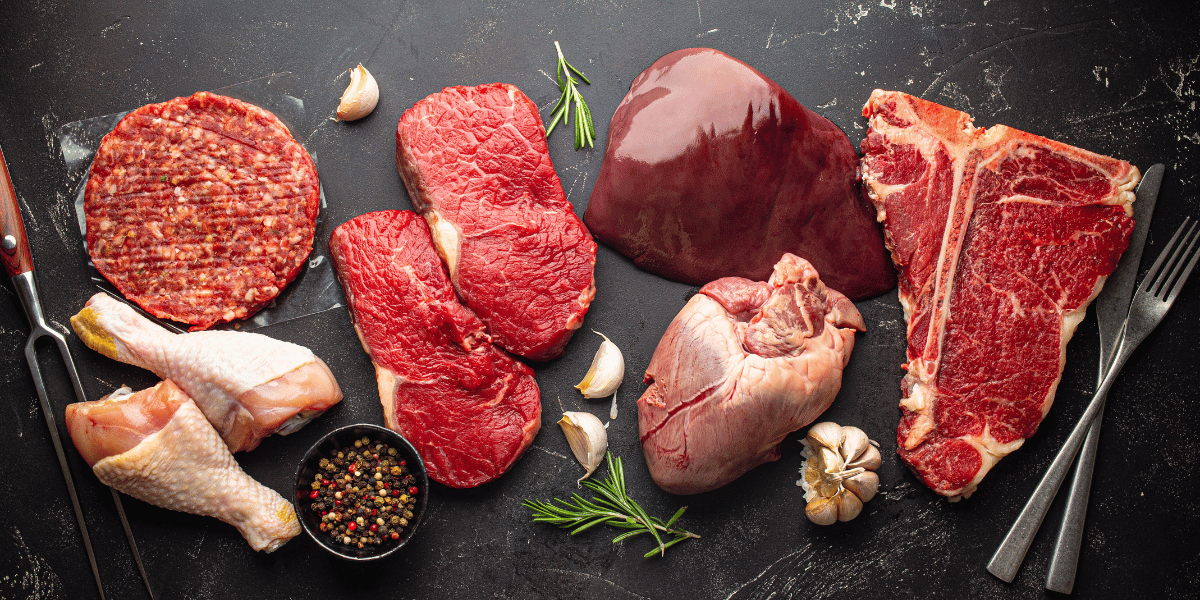Understanding Body Composition: More than Just Aesthetics
Body composition is undeniably a crucial aspect of overall health and well-being. This concept delves into the balance between muscle mass and body...

The constant inquisition over the nature-versus-nurture debate has been a profound aspect of the human experience, especially when it comes to health and physical attributes. When we examine body composition, the ratio of fat, muscle, bone, and other tissues in one's body, it begs the question: how much of it is determined by our genes? Let's take a look into the complexities of body composition and unthread the genetic components that hold us together, or rather, apart.
It's essential to begin with untangling the theory that our DNA blueprint might predetermine whether we're more likely to resemble a seasoned marathon runner or an NFL linebacker. Our bodies are made up of various components such as fat-free mass (muscles, bones, and organs) and body fat.
Research indicates that body composition is significantly influenced by behavioral factors, implying that your diet, exercise routine, and overall wellness practices can shift this balance over time. Body composition isn't just about aesthetics; it's about functionality. There is a reason specific body types come to mind with the examples above: it is much more energy efficient to run long distances carrying less mass, just as it is easier to physically stop your opponent if you have more mass than them. This is not to say every person with a specific body composition can do these jobs, but rather that the body adapts to how you use it.
The definitive role of genetics in when it comes to certain aspects of the body is indisputable. Our genes lay down the framework for how our body develops, and there are certain parts of our body we have no control over. No amount of exercise will transform a person's broad shoulders into a petite frame, just as no diet will change the color of their eyes.
While genetics provide the initial conditions, it's the dance with lifestyle factors that sets the rhythm for body composition. The food we eat, the activities we engage in, and the health habits we cultivate hold profound influence. Of course, these factors are often influenced by your family, and although the eating habits and movement patterns your parents modeled during childhood are not actually genetic, they can easily guide the lifestyle choices you make as an adult.
Optimizing body composition is a multifaceted endeavor requiring a blend of understanding genetic tendencies and shaping healthy behaviors. Incorporating a mix of strength training and cardio exercises, consuming a nutrient-dense diet, managing stress, and getting sufficient sleep are universally touted as effective strategies. However, personalization is key. What works for one individual might not yield the same results for another due to a number of reasons.
As we peer deeper into the genetic factors that mold our bodies, we must do so with a balanced perspective that acknowledges the influence of lifestyle choices in rewriting our genetic code. By recognizing and embracing our genetic story, and the powerful agency we wield through our choices, we can forge our own future to create the best possible version of ourselves.

Body composition is undeniably a crucial aspect of overall health and well-being. This concept delves into the balance between muscle mass and body...

Protein is an essential nutrient that supports the body by building and repairing tissues, producing enzymes and hormones, and maintaining immune...

In the second episode of Todd Vande Hei's podcast, "Health as a Skill," he dives into why body composition is more than just about looking fit. Body...